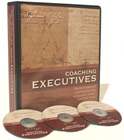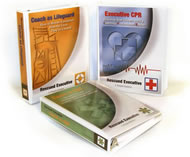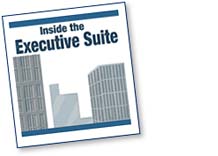Need Assistance? - Click Here To Email or Call 1.800.526.6038
Need Assistance? - Click Here To Email or Call 1.800.526.6038
As the New Year hits, most of us turn to recapping the year behind us, then setting goals for the year to come. Goals are fantastic as they help us set a direction. If you don't know where you are trying to go, how do you ever know if you get there?
When I think about resiliency as a goal, I think of being resilient as building a better foundation, so that we are more able to adapt, flex, and grow through the things life brings our way. Being resilient means demonstrating our ability to effectively and easily navigate our lives.
We have all heard the motto; "It is not what happens to us, but how we respond that matters." I am forever working to increase both my own and my children's level of resiliency. I want us to be prepared for those times when we may be knocked around, or even down. I want us to get back up, dust ourselves off, and have a reserve of energy to make what we want happen.
If you wish to take a look at your level of resiliency (or how well you bounce back), try taking a look at some of these aspects of your life.
Try to slow your pace a little. Stop, look, and listen, so that you understand what is really happening vs. what story you have built around the situation. The story is not tangible but will drive our emotions and therefore our actions. Be deliberate in the things you focus on.
Resiliency is a great goal. With a little focus, you can build it and be a better person for having it.
All the best!
Find out more about Jenna here.
Are you ready to boost your career...and earnings?
Learn how the Power of Neuroscience can help.

© 2015 and beyond Executive Coaching University. All rights reserved.

In the Coaching Crucible yesterday, we taught people how to use "Taylor's Task" to think bigger. Gary also mentored everyone on how to build a successful business by focusing on a few powerful areas. Enjoy!




Find out more about Greg here.








Which one of these fits your need? Something else?
We admire your courage to start investigating whether coaching will help you. We know it can help most folks…not all, but most. You see, the key is whether you are ready to change. If you’re not, please don’t waste time going down the coaching path. It won’t work. If you are ready, then let’s talk and see if we are a good fit.




